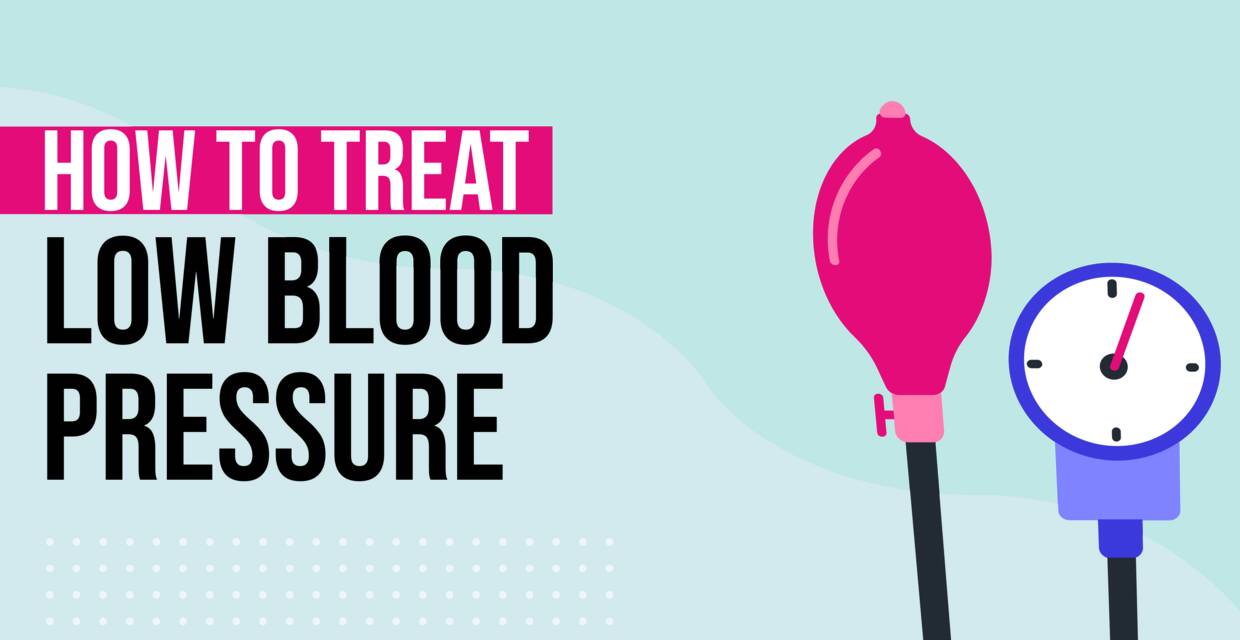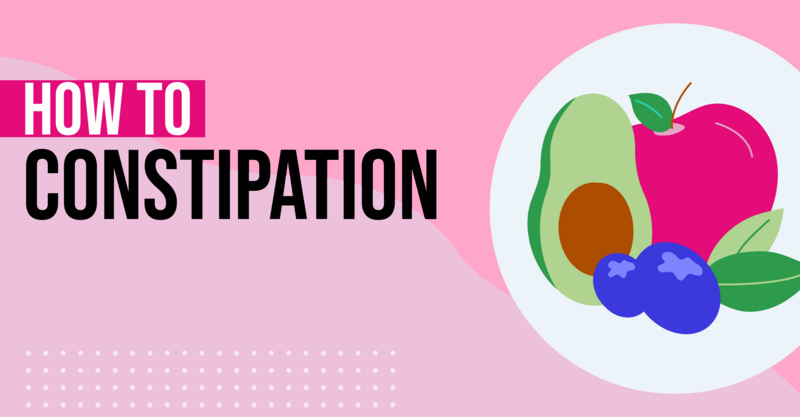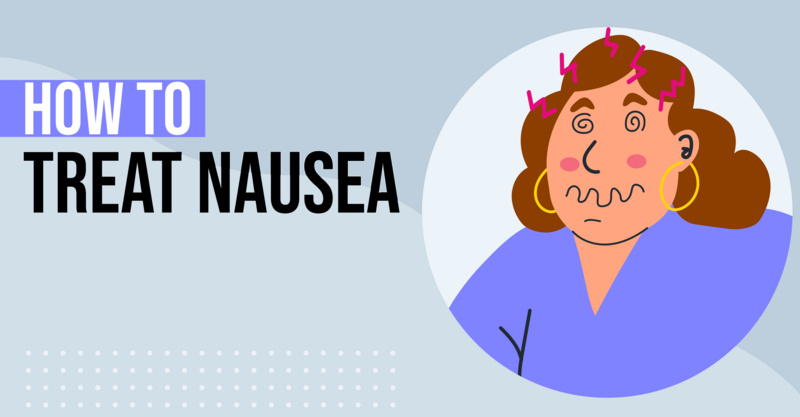Key Points
- Hypotension, or low blood pressure, is a condition where blood doesn't flow efficiently through the body due to various health issues or factors like dehydration, blood loss, certain medications, heart problems, and pregnancy.
- Symptoms of low blood pressure can range from dizziness, fainting, and blurred vision, to nausea, fatigue, rapid breathing, and cold skin.
- Lifestyle changes can help manage low blood pressure, including increasing salt intake, drinking more water, eating small frequent meals, wearing compression socks, and avoiding sudden position changes.
- Other preventive measures include regular health check-ups, avoiding heavy lifting and prolonged standing, and showering with cooler water.
- If symptoms of low blood pressure persist, it's crucial to consult a doctor as this could indicate a more serious underlying condition that needs treatment.
If you’ve ever felt dizzy after standing up too quickly, or fainted, you may have experienced a momentary low blood pressure. Low blood pressure (also called hypotension) is a condition when the blood is flowing less efficiently than it should through your body, according to the Mayo Clinic. It can be caused by a variety of health conditions—some may be serious, while others (like standing up too fast) are usually not cause for concern and can be managed without medication.
Common Causes of Low Blood Pressure
There are many possible causes of low blood pressure, according to Medical News Today. Some common causes include:
- Dehydration
- Blood loss
- Some medications, such as diuretics or beta-blockers
- Heart problems
- Pregnancy
- Prolonged bed rest
- A severe infection or allergic reaction
- Nutritional deficiencies
Symptoms Of Low Blood Pressure
The symptoms of low blood pressure can vary depending on how long your blood pressure is and what is causing it, according to Medical News Today. They note that some symptoms of low blood pressure may include:
- Dizziness or lightheadedness
- Fainting or passing out
- Blurred vision
- Nausea or vomiting
- Fatigue or weakness
- Rapid or shallow breathing
- Cold, clammy skin
How to Manage Low Blood Pressure
1. Eat More Salt
Salt can help increase blood pressure by increasing the amount of fluid in your blood vessels, according to the Cleveland Clinic. However, they note that it is important to not consume too much salt because it can lead to other health problems. Healthline recommends adding a little table salt to whole, unprocessed foods instead of eating processed pre-salted foods.
2. Avoid Alcohol
Excessive alcohol consumption can lead to lower blood pressure, according to Medical News Today. They recommend people with low blood pressure avoid drinking alcohol.
3. Sit With Your Legs Crossed
Sitting with your legs crossed can help to increase blood pressure, according to Medical News Today.
4. Drink More Water
Dehydration can lead to low blood pressure, according to Medical News Today. So it is important to drink plenty of water to keep your body hydrated.
5. Eat Small Meals Frequently
Eating small, frequent meals throughout the day can help with low blood pressure, according to Medical News Today. They say that smaller meals help prevent the drop in blood pressure that is associated with eating heavier meals.
6. Wear Compression Socks
Compression socks can help to improve blood flow and prevent blood from pooling in the legs, according to Medical News Today. This can help raise blood pressure and also help relieve pain from varicose veins, they note.
7. Avoid Sudden Position Changes
Sudden changes in position (such as standing up too quickly) can cause a sudden drop in blood pressure, according to Medical News Today. To prevent this, they recommend that you move slowly and gradually when changing positions.
8. Sleep With Your Head Elevated
Sleeping with your head elevated can help prevent sudden position changes and promote blood flow, according to Medical News Today. They recommend adding an extra pillow or two underneath your head.
9. Shower With Cooler Water
Warm showers may worsen low blood pressure, according to Medical News Today. So they recommend trying a cooler temperature of water during your shower or bath.
10. Strengthen Your Lower Body s
Lower body strength training workouts can help to improve blood flow, according to Medical News Today. They note that this can help by increasing your plasma volume. Some lower body strength exercises you can consider include:
- Rowing
- Cycling
- Swimming
- Hiking
- Walking
11. Eat A Well-Balanced Diet
Eating a well-balanced diet can help to regulate blood pressure, according to Healthline. They recommend that you eat foods high in vitamin B12, folic acid, and iron.
When to see a Doctor for Low Blood Pressure
According to Medical News Today, the symptoms of low blood pressure can indicate an underlying condition that requires diagnosis and treatment. Getting checked out if you have symptoms of low blood pressure is a good idea.
How to Prevent Low Blood Pressure
Regular health check-ups are important because they can help identify health concerns before they become a problem. Additional ways you can help prevent low blood pressure, according to Medical News Today, include:
- Not lifting heavy objects
- Not standing in one place for a long time
- Avoiding prolonged exposure to hot water
- Drinking more fluids when exercising or on hot days
Summary
Low blood pressure can be caused by many things, including certain medical conditions, medications, degradation, blood loss, and sudden changes in position. Some things you can do to manage low blood pressure include:
- Eating more salt (if your doctor agrees this is a good approach for you)
- Avoiding alcohol
- Eating a well-balanced diet
- Wearing compression socks
- Staying hydrated
- Avoiding sudden changes in position
- Sleeping with your head elevated
- Showering with cool water
- Eating small meals more frequently
You should see your doctor for any symptoms of extreme low blood pressure or signs of shock, according to the Mayo Clinic.
Frequently asked questions
What is hypotension?
Hypotension is the medical term for low blood pressure. It's a condition where blood doesn't flow as efficiently through the body as it should.What causes low blood pressure?
Low blood pressure can be caused by a variety of factors including dehydration, blood loss, certain medications, heart problems, and pregnancy.What are the symptoms of low blood pressure?
How can I manage low blood pressure?
Lifestyle changes such as increasing salt intake, drinking more water, eating small frequent meals, and wearing compression socks can help manage low blood pressure. It's also recommended to avoid sudden position changes.Are there other ways to prevent low blood pressure?
Yes, regular health check-ups, avoiding heavy lifting and prolonged standing, and showering with cooler water can also help prevent low blood pressure.When should I see a doctor for low blood pressure?
If you're experiencing persistent symptoms of low blood pressure, it's important to consult a doctor. This could be a sign of a more serious underlying condition that needs treatment.
Solv has strict sourcing guidelines and relies on peer-reviewed studies, academic research institutions, and medical associations. We avoid using tertiary references.


 LinkedIn
LinkedIn









